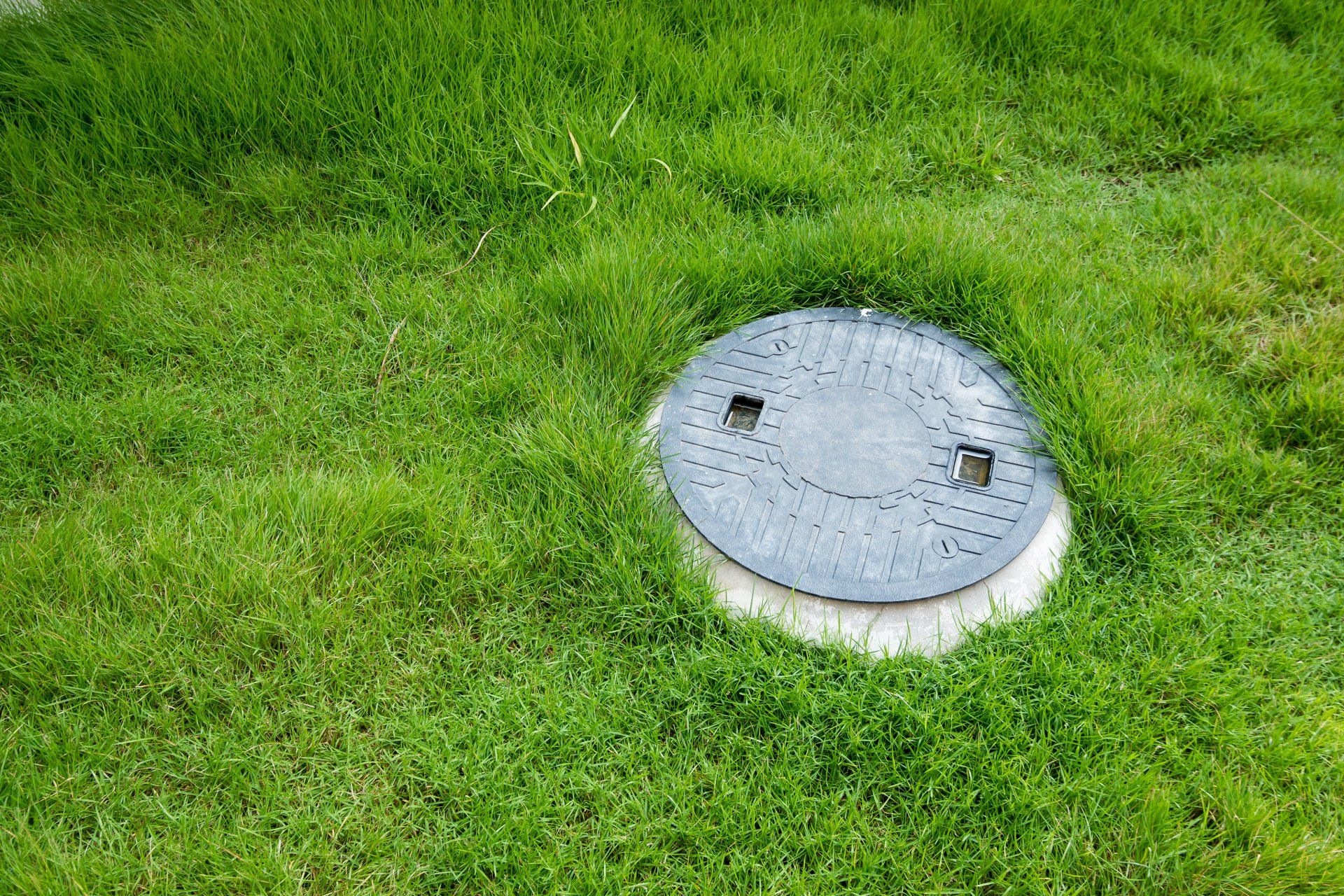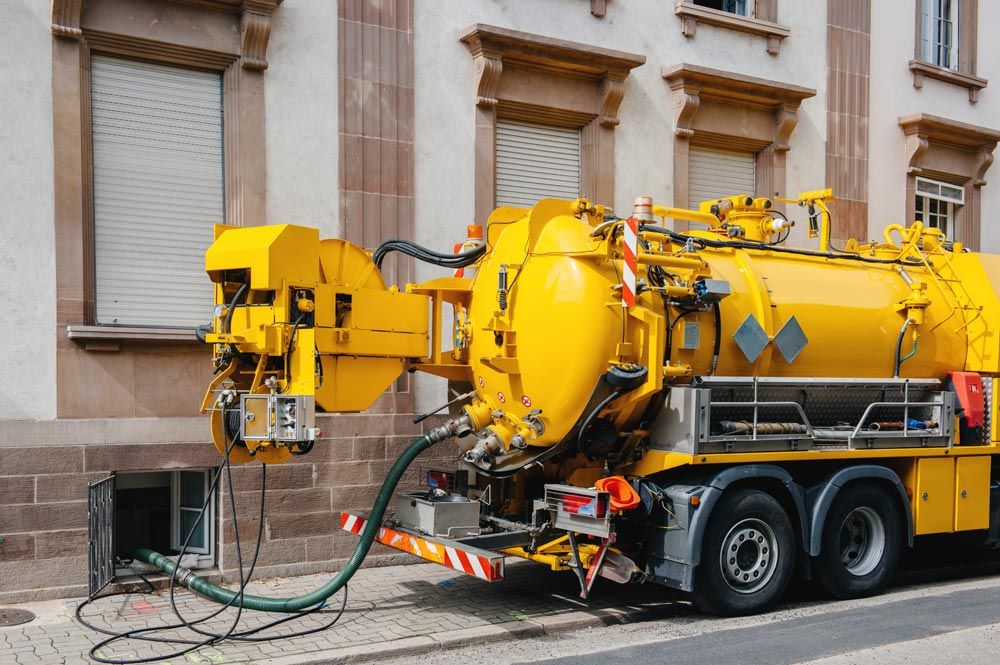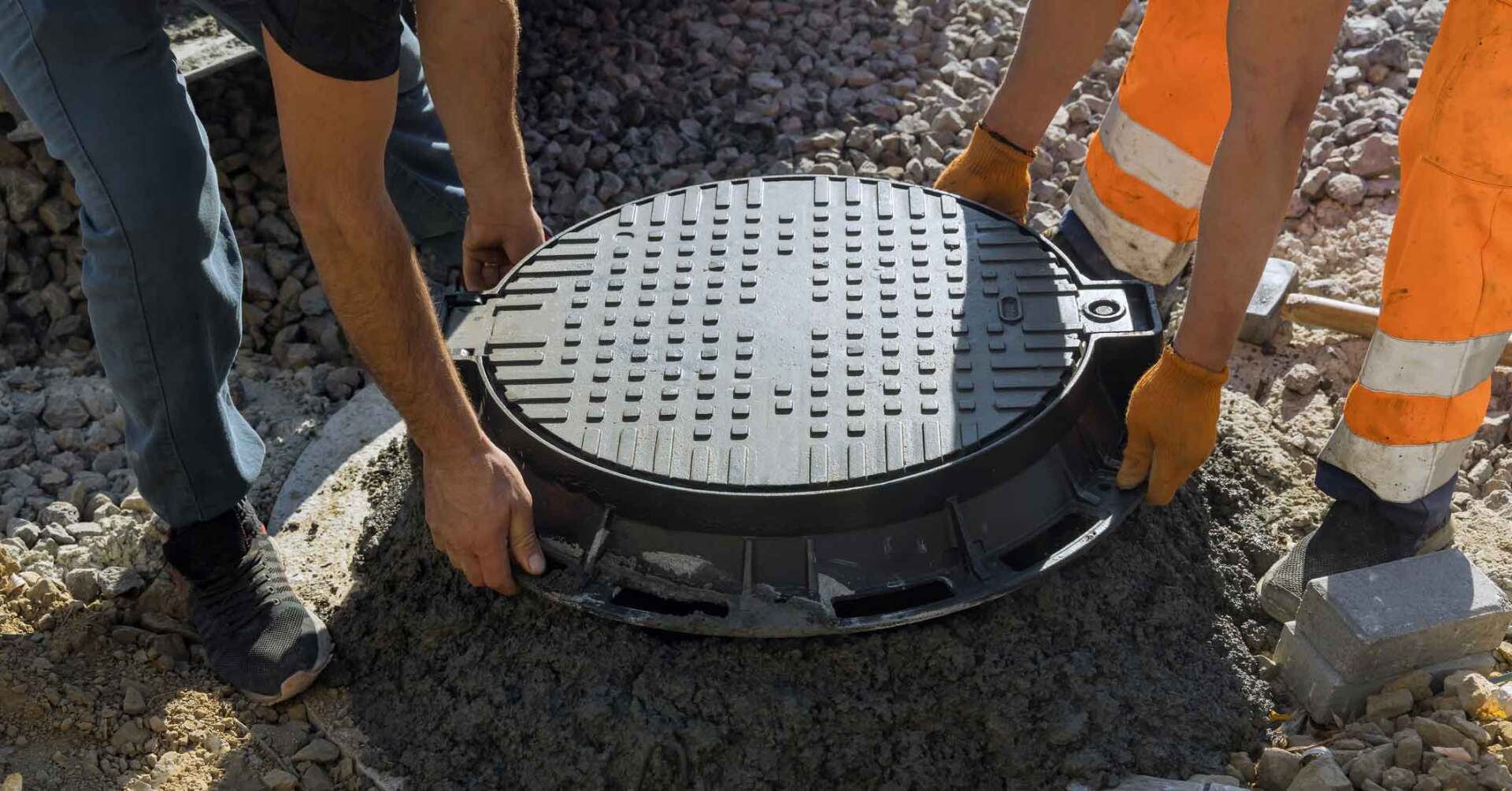What Household Chemicals Aren't Compatible With Your Septic's Bacteria?

Your septic tank's natural bacteria (microorganisms) break down organic waste into gas and liquid. Any organic waste that can't be broken down settles at the bottom of the tank as sludge. Household chemicals like bleach or drain cleaners can disturb that bacterial balance. If septic waste isn't broken down, it can leach into your drain field and cause problems that can cost you thousands of dollars to fix.
Your Septic's Natural Bacteria and How It Works on Waste
Every septic system gets organic waste flushed out of your home. This could be from your toilet or from your home's drains. The bacteria in your septic are not added artificially. Septic bacteria occur naturally, developing and growing as organic waste enters the system. Once the waste enters the septic tank, the microorganisms feed on the organic matter.
Bacteria, as hardy as they seem, live in a delicate ecosystem within the sludgy mounds of waste matter. If this delicate ecosystem is disturbed, your septic will not break down the organic waste from your home.
Bacteria work hard to attack oils, cleaners, and human waste. Oils tend not to break down easily and can clog your system. Human waste is more easily broken down, and it provides the necessary nutrition for bacteria to reproduce as an active component of your septic system. Cleaners, however, are full of chemicals that can upset that balance, killing good bacteria so your septic doesn't work properly.
Chemicals That Will Harm Your Septic's Natural Bacteria
Bleach and laundry detergent are two of the most common household chemicals. Bleach is often a component of brand-name cleaners, including laundry detergent. Bleach can cause the natural bacteria in your septic system to die off since it is very corrosive. Even using drain cleaners and toilet bowl cleaners containing bleach can upset the delicate balance of bacteria in your septic over time.
Laundry detergent may seem mild, but if you use one with a higher phosphate level, you also risk harming your septic over time. Choosing a low-suds, biodegradable laundry detergent without chlorine bleach is a great alternative to laundry detergents with added bleach.
Alternatives That Won't Harm Your Septic's Natural Bacteria
If you must use bleach or ammonia in your home cleaning routine, use minimal amounts to protect your septic system. Remember, the higher the pH, of a substance, the more alkaline and corrosive the product. Bleach is very alkaline, which is why it is so corrosive and kills good bacteria in your septic tank.
However, there are all-natural cleaning alternatives that you can use that won't harm your septic, such as:
- Baking soda: is high on the pH scale and therefore a base. Its pH is 9.
- Vinegar: is low on the pH scale and therefore an acid. Its pH is 2.
- Lemon juice: is also an acid with a pH between 2 and 3.
- Water: is neither acidic or a base. Its pH is a neutral 7.
You can use one part baking soda to two parts vinegar to lift stains and smells off household surfaces and in the laundry. If you look at the history of using baking soda and vinegar as cleaning agents, you will find that probably your parents or grandparents used it instead of buying household cleaners.
If you find that your septic needs to be cleaned out more often than usual, the bacteria balance may be the culprit. Don't let the good bacteria die out by using non-compatible cleaners in your septic system. The Nibbler® Company can inspect your septic and let you know if a bacterial imbalance is the cause of an early cleanout. Contact us for more information.



